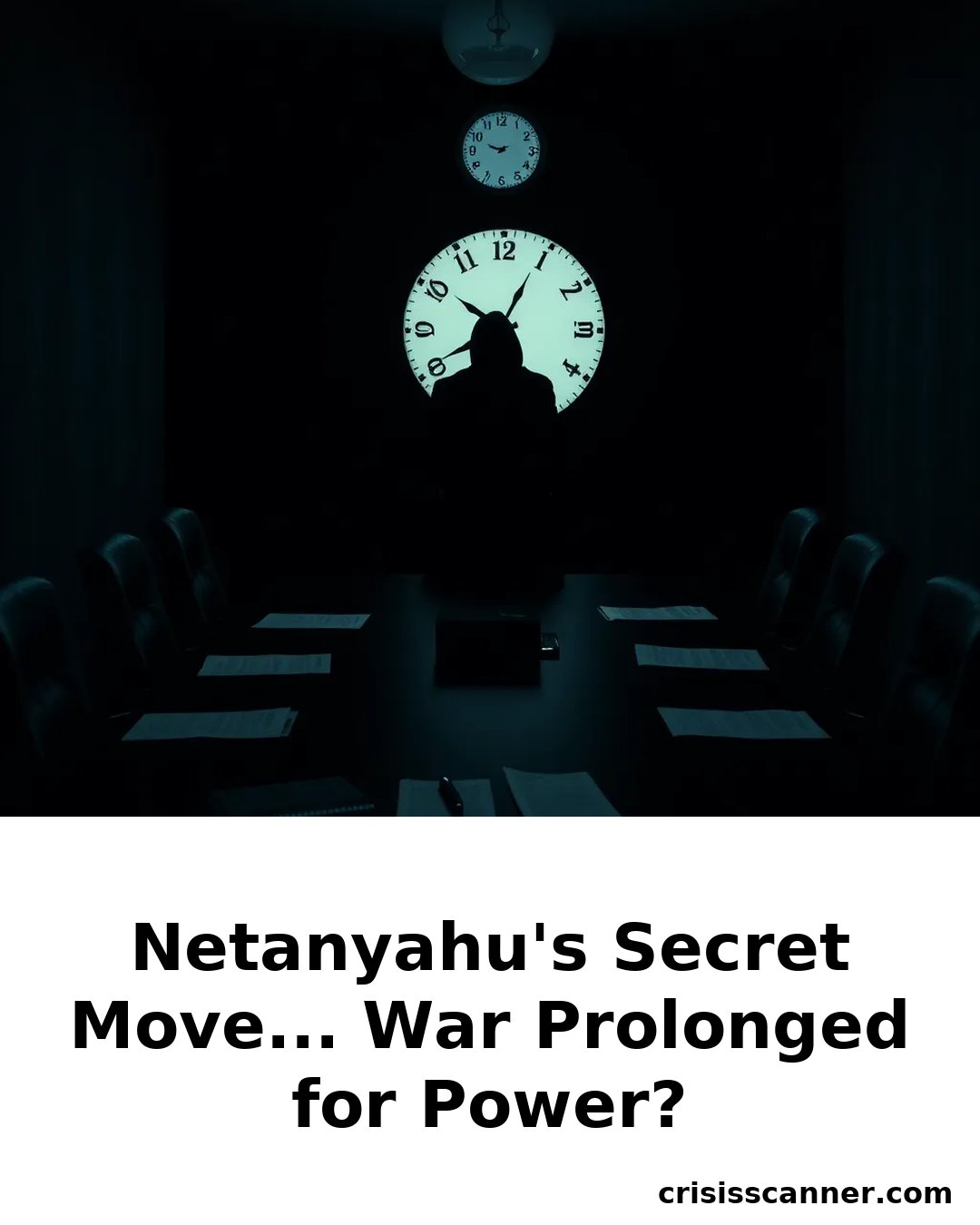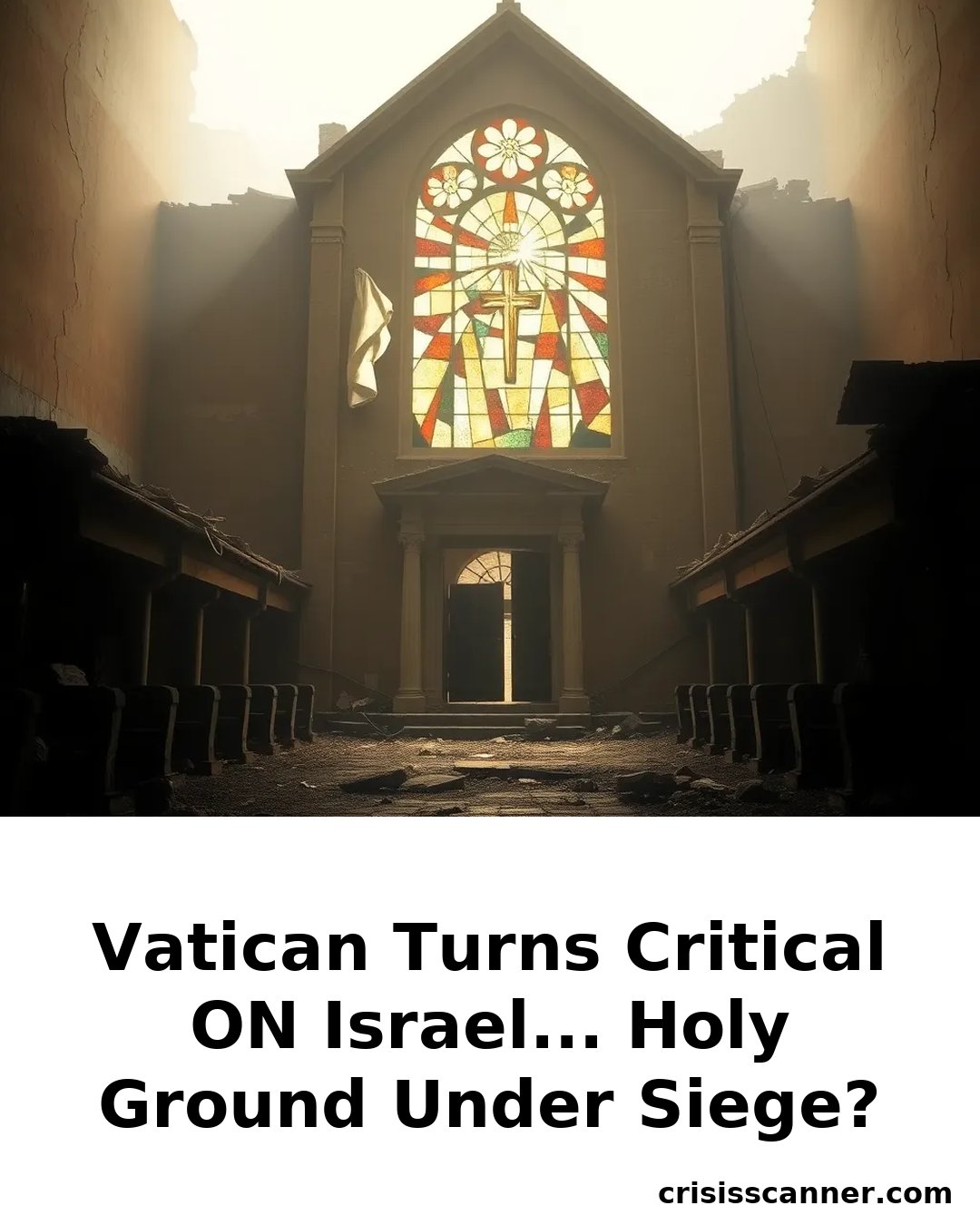In a revealing analysis, Netanyahu’s strategic delay in ending the Gaza war showcases a complex interplay of political survival and regional influence. His decision to prolong conflict appears driven by fears of coalition collapse and personal legal vulnerabilities, particularly amidst ongoing corruption charges.
This calculated prolongation not only risks regional escalation but also underscores the fragile nature of Israeli governance, where internal politics often overshadow strategic peace efforts. The potential for a breakthrough with Saudi Arabia remains hostage to internal power struggles, illustrating how personal and political risks can override broader regional stability.
The implications extend beyond Israel, threatening to destabilize an already volatile Middle East. These revelations expose the depth of internal political maneuvering behind military decisions, highlighting a leader’s willingness to gamble national security for personal political longevity. The outcome could influence future peace negotiations and regional alliances, making Netanyahu’s strategy a pivotal moment in Middle Eastern geopolitics. Read the full story at the source.






























